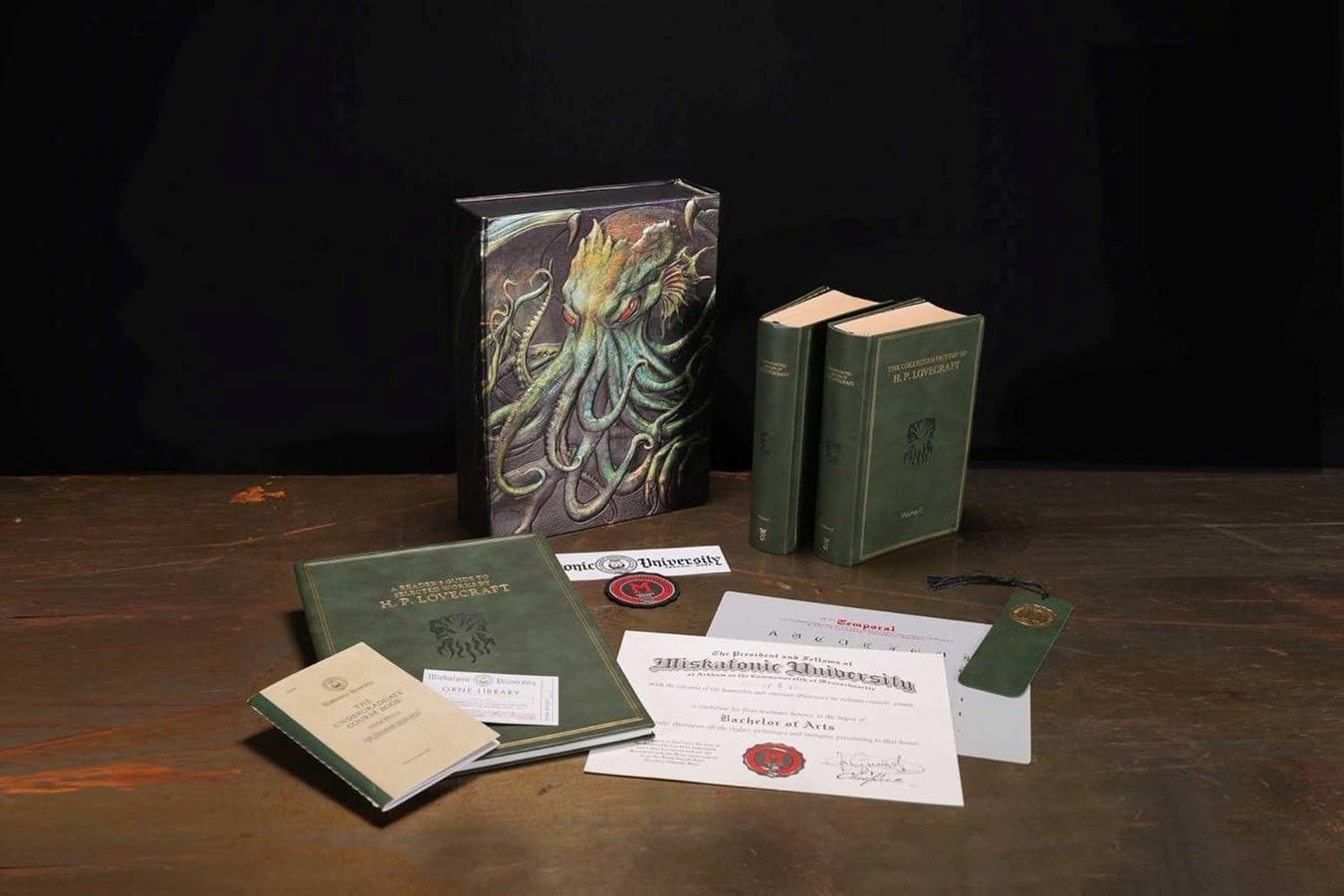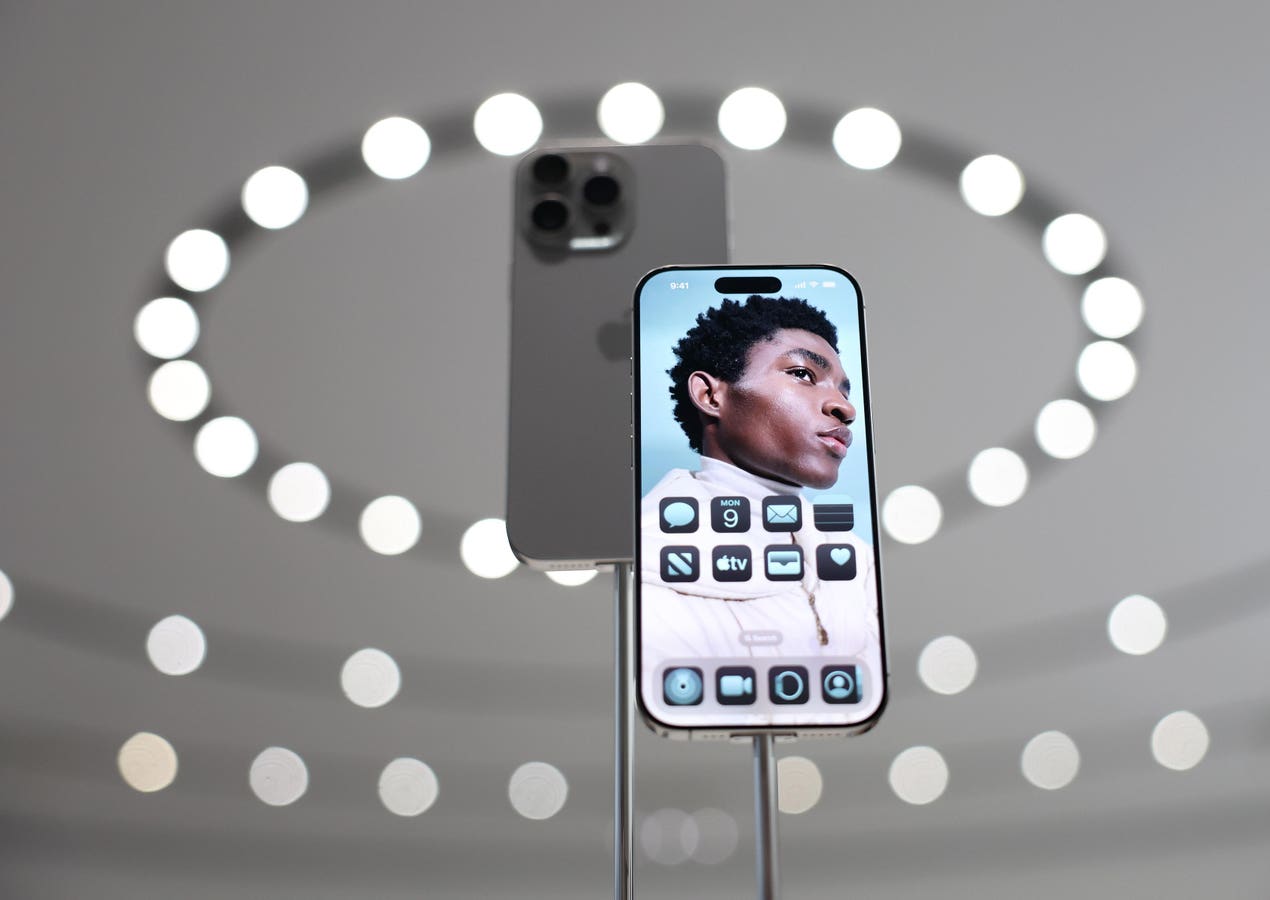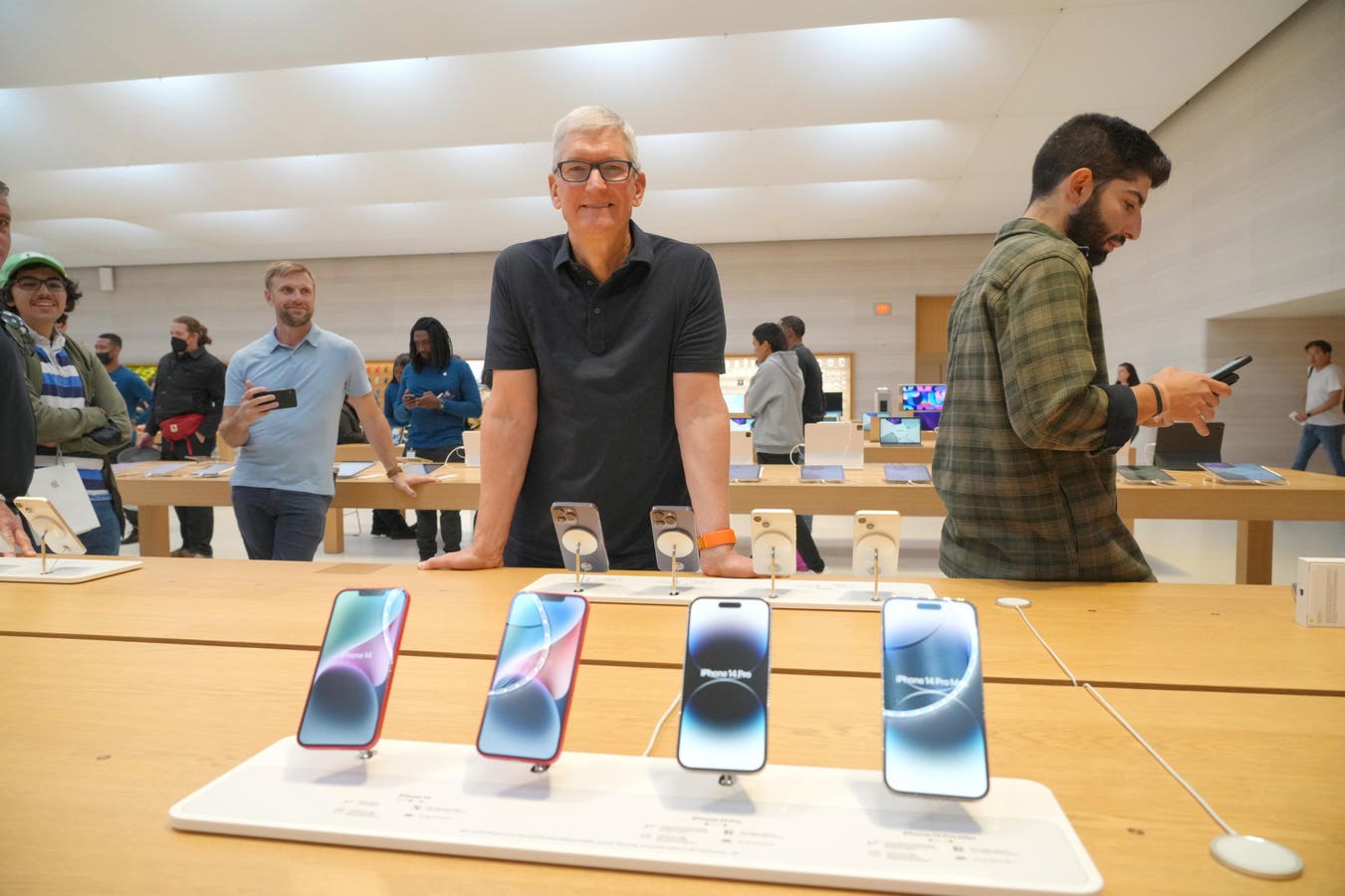Are you waiting for “the one” to complete you or are you content single? Here’s what research says about singlehood, waiting for love and finding real happiness.
getty
So many people live as if happiness begins the moment love arrives. Many believe that the right relationship will finally “complete them” or bring them the happiness they have longed for. The fantasy of a “happily ever after” as a kind of emotional salvation is deeply embedded in our culture, whether from childhood fairytales, rom-coms to modern dating apps that promise the perfect match.
Research published in Communication Monographs analyzed the 52 highest-grossing romantic comedies. Researchers conducted two studies and found that these films consistently portrayed love as magical and destined. Essentially, love is shown as being capable of conquering all odds.
In the second study, over 300 college students were surveyed about their viewing habits and beliefs about romance. Those who watched rom-coms to “learn” about relationships were far more likely to believe in idealized notions of love, like soulmates or perfect compatibility, compared to those who watched them purely for entertainment.
Romantic comedies seem to have a clear impact on viewers’ expectations of what love should feel like and how it should unfold. Because of this, many people likely absorb the misguided underlying message that being loved is a reward for being good, beautiful or successful enough and that being single means something is missing, either within you or in your life.
Does Being Single Mean Missing Out On Joy?
While romantic media sets the stage for people in terms of their expectations in love, real-life data shows more nuanced angles for both singlehood and partnerships.
A 2025 large-scale study published in Social Psychological and Personality Science tracked over 3000 single individuals over six months.
Researchers compared those who remained single, those who entered a relationship and those who entered but later ended one. The central idea was to see whether relationships actually cause improvements in happiness or changes in well-being.
One of the most interesting findings revealed that people who were already happier and more sexually satisfied while single were more likely to attract a partner. This clearly suggests that emotional well-being can precede romantic opportunity.
Additionally, those who stayed single throughout the study generally maintained stable levels of life satisfaction. This shows that singlehood isn’t synonymous with unhappiness. Many single individuals, especially those who valued independence and solitude, reported high well-being without needing a partner.
It is important to remember that the capacity to love and be loved often stems from self-contentment. When you stop seeing singlehood as a waiting room for real life and start seeing it as a complete state in itself, you begin to attract relationships that are reflections of that wholeness, and not substitutes for it.
The Many Dimensions Of Relationship Fulfillment
In aspects of partnership, the 2025 study also looked at how entering a romantic relationship can influence well-being for those who seek it. From the results, we see that individuals who transitioned from singlehood to a stable romantic relationship over six months reported measurable improvements across multiple domains.
Firstly, sexual satisfaction and satisfaction with their relationship status saw the largest increase. Simply put, when people start a stable romantic partnership, they tend to feel more fulfilled sexually as well as content with their status as a couple. These changes are the strongest, as they are also closely linked to the experience of actually being in a committed relationship.
Loneliness also decreased moderately for these individuals, showing that companionship can provide meaningful social and emotional support. Mostly, overall life satisfaction increased slightly, indicating that romance can enhance happiness. However, its effect on broad, domain-general well-being is more modest.
Researchers also found that those with a stronger initial desire for a partner experienced the biggest boosts in well-being. However, even participants with lower desire saw some improvement.
The researchers noted that these benefits are not universal. Relationships can add to happiness for those motivated to pursue them. But they are not a guaranteed path to fulfillment. Early gains in a relationship may be strongest during the initial “honeymoon phase” of new partnerships.
A 2020 study explored how different types of close relationships, including romantic partners, friends and children, impact well-being in both day-to-day experiences and overall life satisfaction.
Researchers tracked moment-to-moment happiness (experiential well-being) and long-term life satisfaction (global well-being). This varied depending on who was present and how much time was spent with them.
Findings highlight that participants felt happiest in the moment with friends, followed by romantic partners and then children. This difference largely disappeared once the nature of the activities was considered.
In contrast, global well-being was most strongly linked to the total time spent with a romantic partner. This suggests that while friends and children enhance daily enjoyment, lasting life satisfaction is most strongly tied to romantic relationships.
Deep and ongoing investment in a committed romantic relationship appears to be uniquely tied to a sustained sense of fulfillment. Love is not the sole source of happiness but it can undoubtedly be a powerful contributor when it aligns with your needs and the time you invest in nurturing it.
Singlehood Looks Different For Men And Women
In the 2025 study, when understanding the impact of relationships on well-being, gender differences emerged as well. Men showed slightly larger gains in life satisfaction and relationship satisfaction than women.
In a large-scale 2024 study involving nearly 6000 single adults, researchers assessed several key areas closely tied to well-being. These included satisfaction with their relationship status, overall life satisfaction, sexual satisfaction and their desire for a romantic partner.
The findings revealed consistent gender differences. Single women, on average, reported higher satisfaction with their life, their single status and their sexual experiences compared to single men.
They also expressed a lower desire for a romantic partner. Based on the findings, it is safe to say that women tend to find more fulfillment and stability in singlehood.
This is contrary to the traditional stereotype that single women are unhappier or “unfulfilled” compared to single men. Many women experience singlehood as a time of autonomy and contentment, whereas men may struggle more emotionally with being single.
Researchers of the study proposed several explanations. One key factor is social support. Women usually have stronger and more emotionally supportive networks beyond romantic relationships. Being socially connected can enhance life satisfaction and help you through tough times. Single women are more likely to maintain close friendships that also are an aid against loneliness.
In contrast, men may often rely more heavily on their romantic partners for emotional intimacy and support. That way, singlehood can feel more isolating for them.
The experience of being single is impacted in nuanced ways by various social and cultural factors. Overall, research suggests that women may navigate singlehood with greater emotional resilience and contentment, while men often experience stronger motivation to seek partnership for well-being.
Another reason for this difference is societal and structural reasons. In heterosexual relationships, women can often face more relational inequities, such as unequal household responsibilities or less prioritization of their sexual needs. This can make singlehood relatively more appealing for many women.
As gender roles and pay equity have evolved over time, the traditional benefits women might have gained from marriage (like financial security) are diminishing, while men may still gain more emotional and practical benefits from being partnered.
Age and cultural background also shaped how people experienced singlehood. For instance, older single men tended to report lower life and sexual satisfaction than younger men.
Fulfillment Comes First From Within
The biggest takeaway here is that fulfillment does not begin with a relationship, nor does it end without one. While romantic partnerships can add meaning and joy to life, they do not serve as the sole source of those emotions. Happiness is more about one’s internal state and mindset. Ultimately, the idea that love will “complete” you is more of a cultural story than a psychological truth.
When you find stability and satisfaction within yourself, relationships become an expression of wholeness rather than a search for it. Love, in its healthiest form, amplifies what already exists within you. The real measure of romantic success may not be about finding “the one,” but rather about becoming someone whose well-being is at peace, no matter what their relationship status is.
Are you curious about how you feel about being single? Take the research-backed Fear Of Being Single Scale to understand your fears and perceptions around single life.









